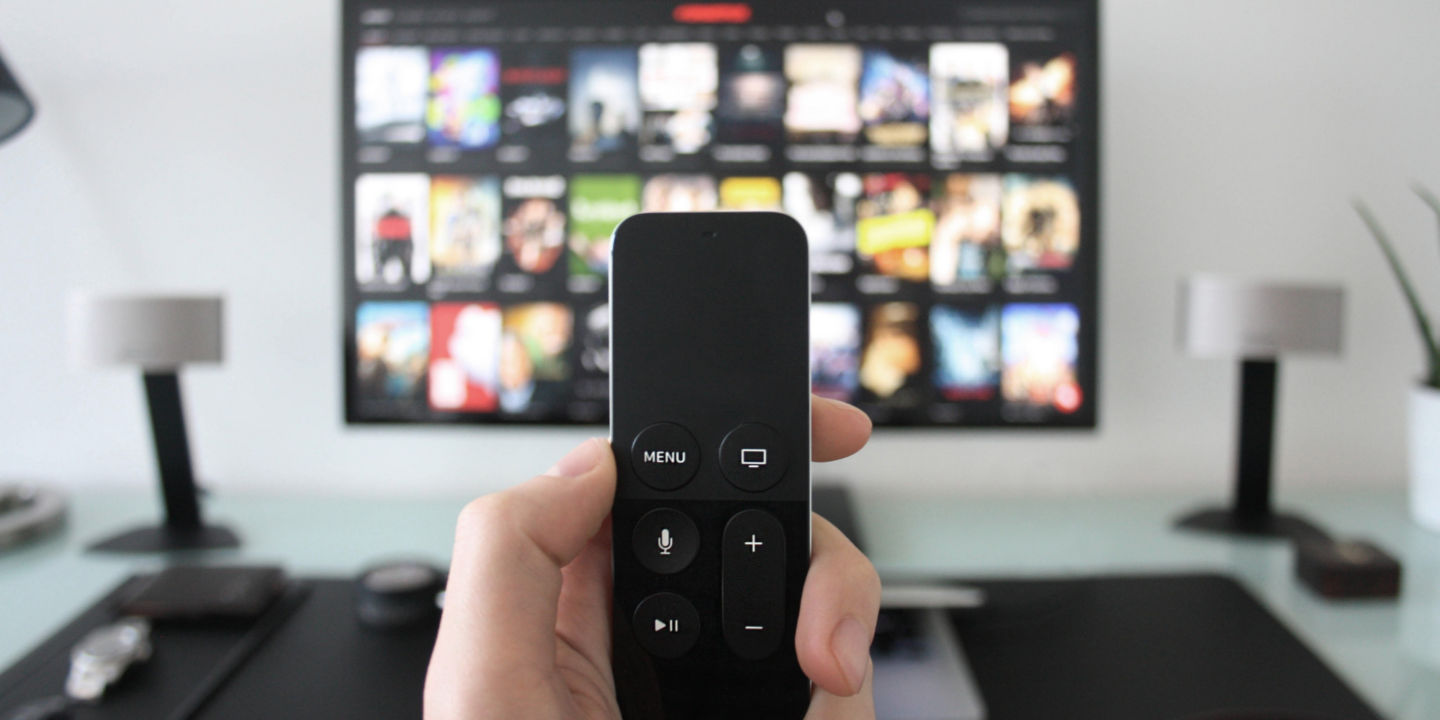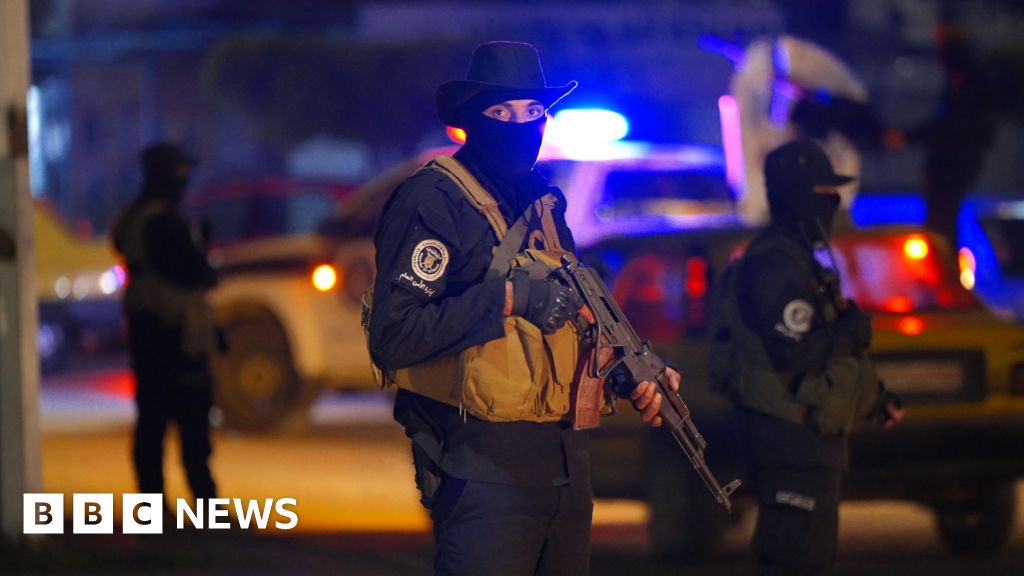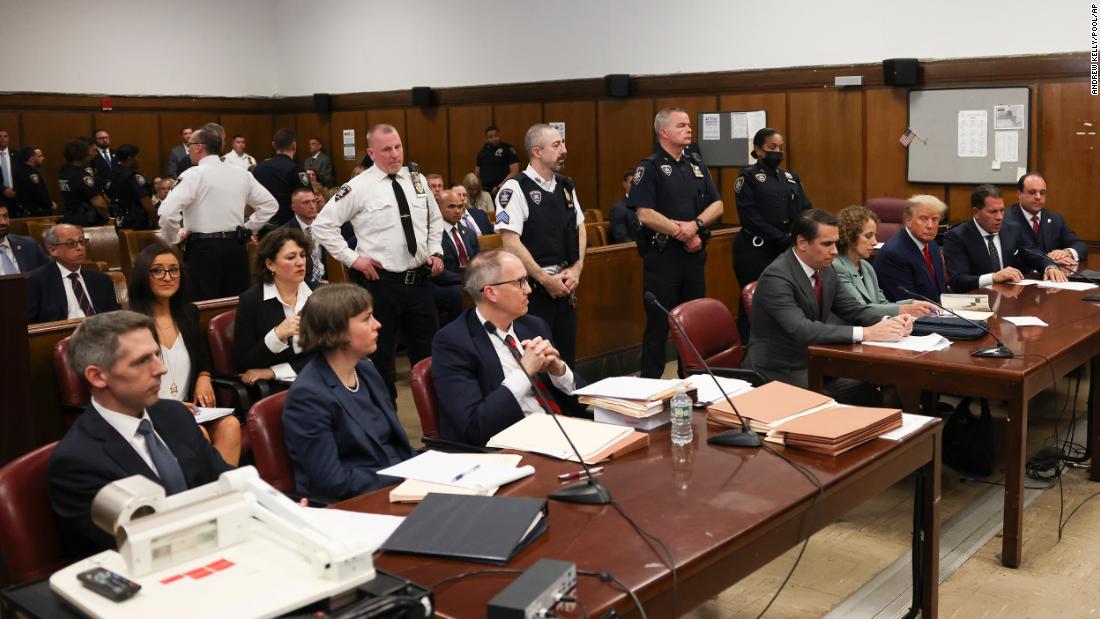What Happened?
An antisemitic incident occurred at a Barstool Sports-owned bar in Philadelphia on May 3, where patrons displayed a sign reading “F**k the Jews” while ordering bottle service. Video footage showed the group laughing, dancing, and singing along to music, quickly going viral on social media. The incident sparked widespread outrage and led to a strong response from Barstool Sports founder Dave Portnoy the following day on May 4.
Dave Portnoy’s Reaction to the Antisemitic Incident at His Bar
Portnoy, who is Jewish, responded publicly with a fiery condemnation of the incident, expressing his anger and frustration. "These are young f—ing morons who did this. They’re drunk," he said, adding that he had faced more antisemitism in the past year than ever before during his 20 years with Barstool Sports.
Rather than immediately pursuing harsh punishment, Portnoy emphasized using the situation as a “teaching moment” and said that the offenders would visit Auschwitz to understand the gravity of their actions.
He also fired the two waitresses involved.
However, in a turn of events on May 5, Portnoy said he revoked an offer to send one of the men involved in an antisemitic incident to Auschwitz for education after the man, Mo Khan, a student at Temple University, denied involvement despite posting the video. Portnoy expressed frustration, saying he had tried to create a teachable moment, but Khan backtracked and claimed he was merely a "citizen journalist" documenting the event. "Whatever ramifications comes his way, he 100% earned and deserved." Portnoy wrote on Instagram.
AJC Philadelphia/Southern N.J. Director Marcia Bronstein said the behavior should not be treated as an isolated incident, especially at a time when antisemitism is at record levels in this country. “We cannot let this kind of hatred become normalized,” Bronstein said. “Let’s view this as a teachable moment. Words matter.”
What Was the Response to Portnoy’s Social Posts?
Many public figures praised Portnoy for his swift and decisive response. Republican Pennsylvania Sen. Dave McCormick commended him for addressing the “horrific display of hate” and using it as an opportunity to educate about anti-Jewish violence, saying, “Antisemitism needs to be identified, called out, and crushed.”
Actor Ben Stiller expressed his support, agreeing with Portnoy’s initial “scorched-earth” approach, although Portnoy later shifted focus to education. X CEO Linda Yaccarino also thanked Portnoy for “doing the real work to ensure change.”
AJC’s U.S. Director for Combating Antisemitism Holly Huffnagle said the incident is deeply concerning. Physical, verbal, and online attacks against Jews have surged, she added, fueled by an increasingly hostile environment on social media and college campuses.
“We know from our research that 4 in 10 Americans have seen antisemitism in the last year. Yet only a quarter (23%) reported what they witnessed. The time to speak up is now,” she said.
Temple University’s Involvement in the Antisemitic Incident
Temple University confirmed that students from the school were involved in the incident. President John Fry condemned the behavior, calling it “deeply disturbing,” and announced that one student had been placed on interim suspension. The university is continuing its investigation through the Division of Student Affairs.
Many universities enforce codes of conduct that extend to actions off campus grounds. These codes often include provisions addressing behavior that negatively impacts the university community, creates a hostile environment, or violates applicable laws.
“Universities must have a zero-tolerance policy for hateful, antisemitic behavior from their students, whether these incidents take place on campus or off campus,” Huffnagle said.
Broader Context: Rising Antisemitism Post-October 7, 2023
This incident comes amid heightened concerns about antisemitism across the U.S., especially following the outbreak of the Israel-Hamas war in October 2023. Portnoy’s high-profile response has drawn significant national attention, reflecting broader debates over how to address hate speech both in business and academic settings.
According to AJC’s most recent State of Antisemitism in America Report, the first analysis of the impact of antisemitism for the full-year following the October 7 massacre of Israelis, 25% of American Jewish respondents said they knew of a local business that had been targeted by antisemitism at least once in the last year. But only one in five Jews spoke up about antisemitism when it targeted them.
“This is not just a Jewish issue,” Huffnagle said. “It’s an American issue. We need all of society to push back against this rising hatred.”
How to Push Back
Huffnagle said everyone can play a role in fighting antisemitism. First, we can better understand the history of antisemitism and what it looks like in its many forms. AJC's Translate Hate glossary is a good start.
When you see anti-Jewish incidents, report them to law enforcement, institutional authorities such as campus administrators, or business owners and management. When you see or hear hate speech or antisemitic abuse online, report it to the digital platform on which you see it. And reach out to your local and state representatives as well as your members of Congress to support legislation that strengthens hate crime laws and supports Holocaust education.
People who personally know somebody Jewish are much more likely to view antisemitism as a problem than those who do not. Reach out to your local Jewish community for partnerships and events. The more antisemitism can be pushed to the fringes of society, the safer America can be not just for Jews, but everyone.









 English (US) ·
English (US) ·